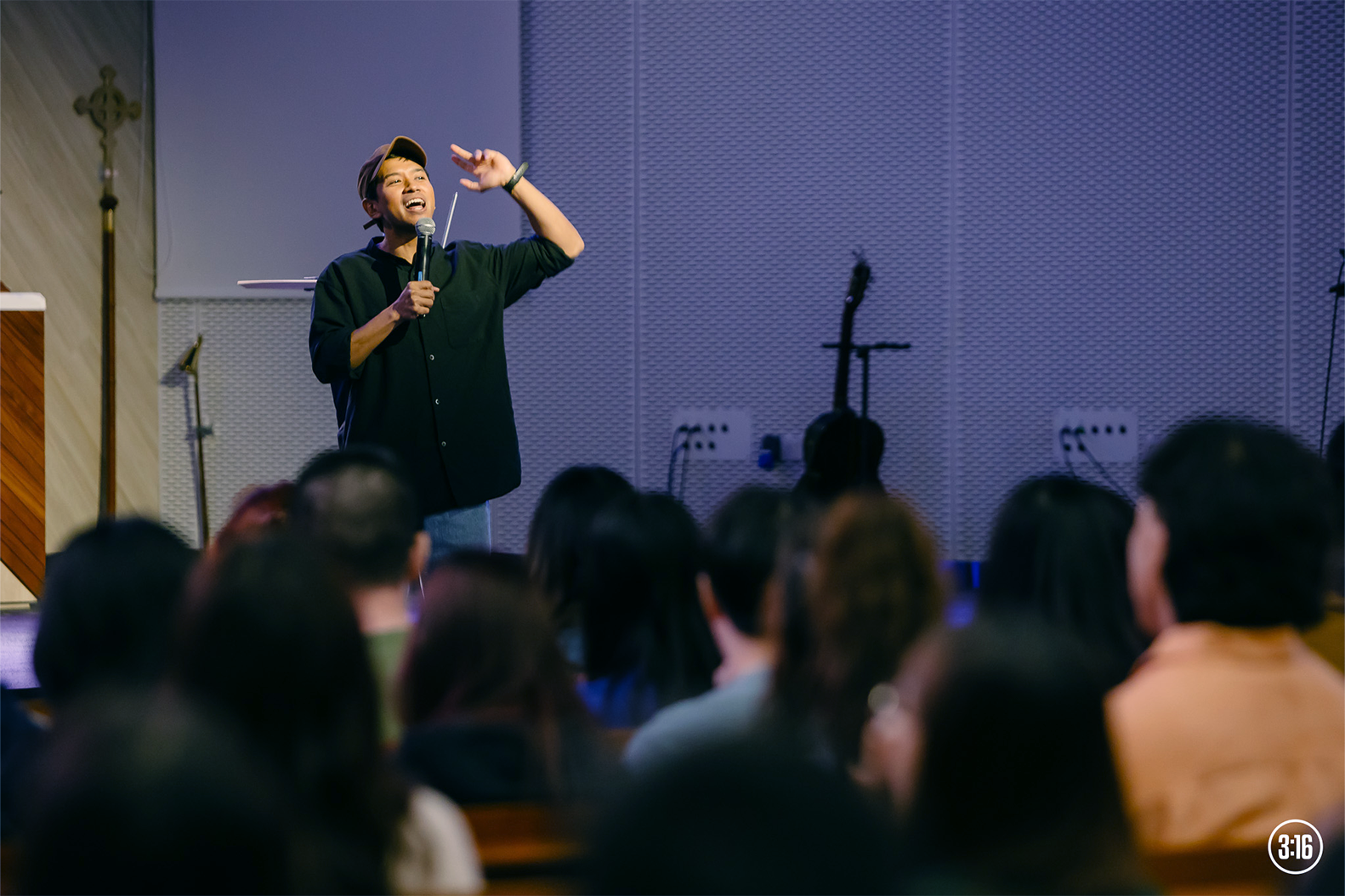From the upcoming General Elections to the racial protests happening globally, a mere scroll through our social media feeds reveals the extent to which politically-driven issues are fast becoming a staple of our everyday lives.
These topics – whether race, religion, or government – are what conventional wisdom identifies as taboo topics that one simply does not talk about openly. Or at least, that is what we’ve been taught.
Unfortunately, this can hardly be the case today. These conversations are the very ones that are essential to help us better relate to the world around us today.
That being said, the question on our minds as young Christian adults might be: How equipped are we to engage in these essential conversations?
Or perhaps, first and foremost, why should we even care to have them at all?
So as we enter the election season, here are some thoughts to help guide meaningful reflections on what it means to be a Christian living in the political realities of today.
WHY POLITICS MATTER TO THE YOUNG PERSON
1. We are called to love our neighbours
The Bible commands each of us to “love your neighbour as yourself” (Matthew 22:39). As we receive the love of God and His gift of grace through Jesus, we are then empowered to take this message and acts of love to the people around us.
We have a collective say in appointing those we believe can decide the laws of the land well to positions of power and decision-making.
In the context of society, this means being concerned about issues of social justice and how the laws of the land affect the less privileged and less fortunate.
So while we do not individually decide the laws of the land, we definitely have a collective say in appointing those we believe can do so well to positions of power and decision-making.
2. We are called to live out our faith in the world
Some friends I’ve spoken to have referred to the words of Jesus to make a case for staying silent on political issues. Doesn’t Jesus say in Matthew 22:21 to “render to Caesar the things that are Caesar’s, and to God the things that are God’s”?
Indeed, Jesus was making a distinction between the kingdom of God and the kingdom of man. However, I believe a deeper point to be made is that as Christians, we are living in both (for now, until we return to Heaven).
“I have given them your word and the world has hated them, for they are not of the world any more than I am of the world. My prayer is not that you take them out of the world but that you protect them from the evil one. They are not of the world, even as I am not of it.” (John 17:14-16)
There is no such thing as a church and secular divide. It is but a false dichotomy.
Our Christian faith is not limited to church walls or Zoom meetings; we are called to be ambassadors of God in our daily conversations and relationships. This includes being aware of the matters of the land and participating in them.
3. We will eventually inherit the land for the next generation
Many of us grew up listening to stories of Singapore’s early years and progress from “third world to first”. We may even have seen some of our pioneering politicians’ passionate speeches or studied the racial riots in school.
These stories are not just mere recounts of good governance and political leadership: they have also shaped the society we live in today. In the same vein, our children and grandchildren will grow up in a Singapore influenced by the political discourse and outcomes of our time.
As Christians, we have a role to play in stewarding and preparing our land for future generations.
This is where the concept of stewardship provides a useful handle. The King James version of Genesis 2:15 reads, “And the Lord God took the man, and put him into the garden of Eden to dress it and to keep it.”
As Christians, we have a role to play in stewarding and preparing our land for future generations. This behooves us to engage in conversations about present-day society and the future of our nation.

For many of us, talking about politics presents a potential discomfort and possible tensions in our relationships with others. Indeed, taking that first step out of our comfort zones can be unnerving.
At the same time, let us remember the words of the prophet Micah: “And what does the Lord require of you? To act justly and to love mercy and to walk humbly with your God. (Micah 6:8)”
To be a follower of Christ is to care – and be involved in – the affairs of society. While we are not of this world, we are definitely in it (John 17:14-16). So let our voices be heard and let us care for the people of this nation.
- Is there a certain cause or a specific group of people that I feel a burden for?
- Have I been engaging in conversations about politics? Why or why not?
- What does stewardship mean to me in the realm of politics and governance?
- If I have been ambivalent or indifferent to politics, what is one thing I can do to begin caring?









